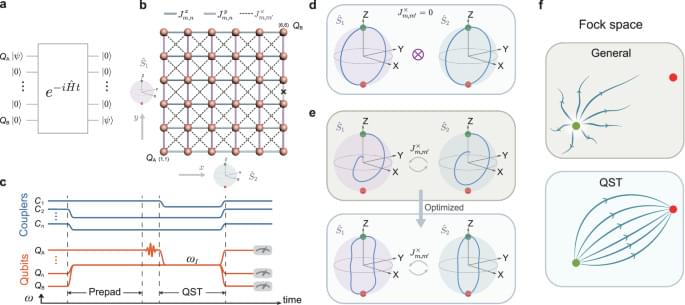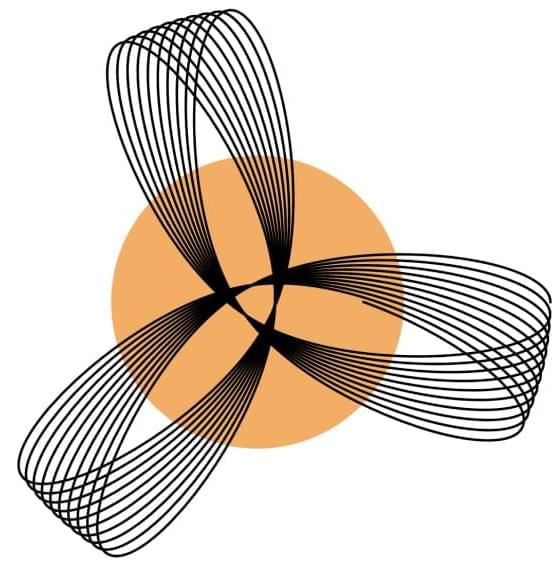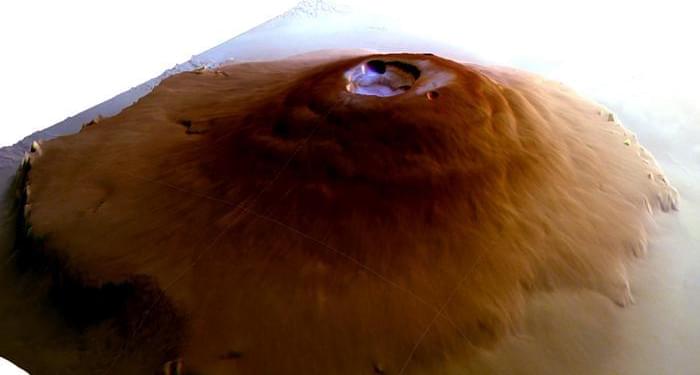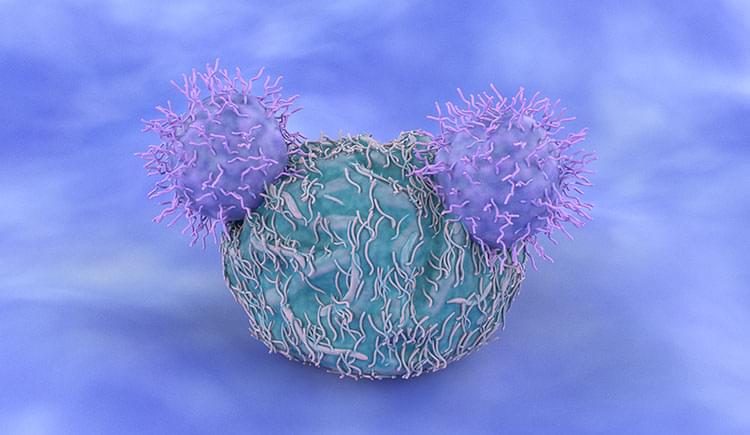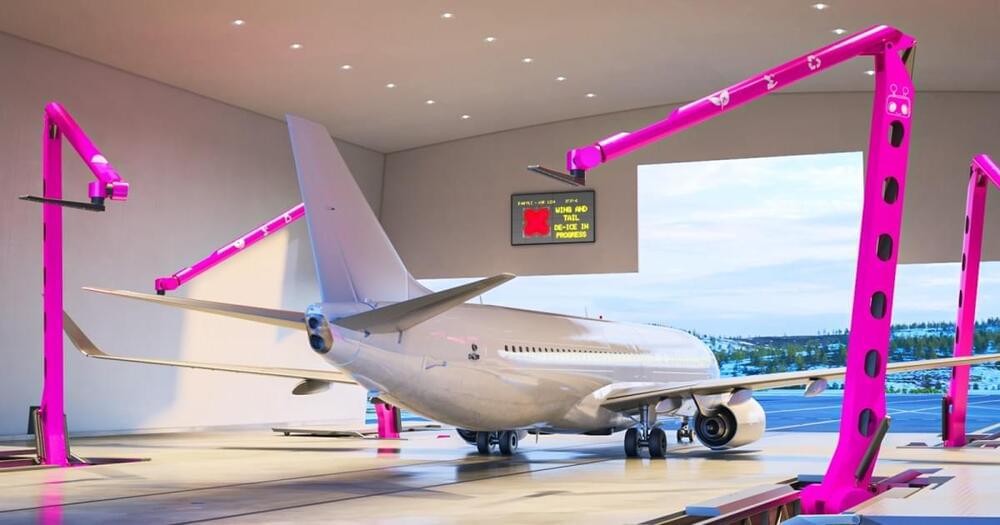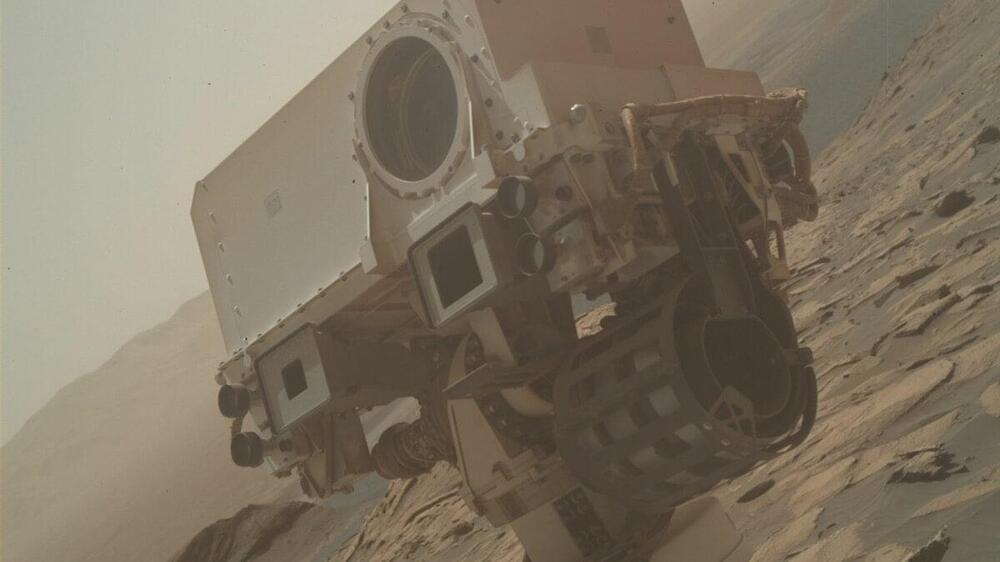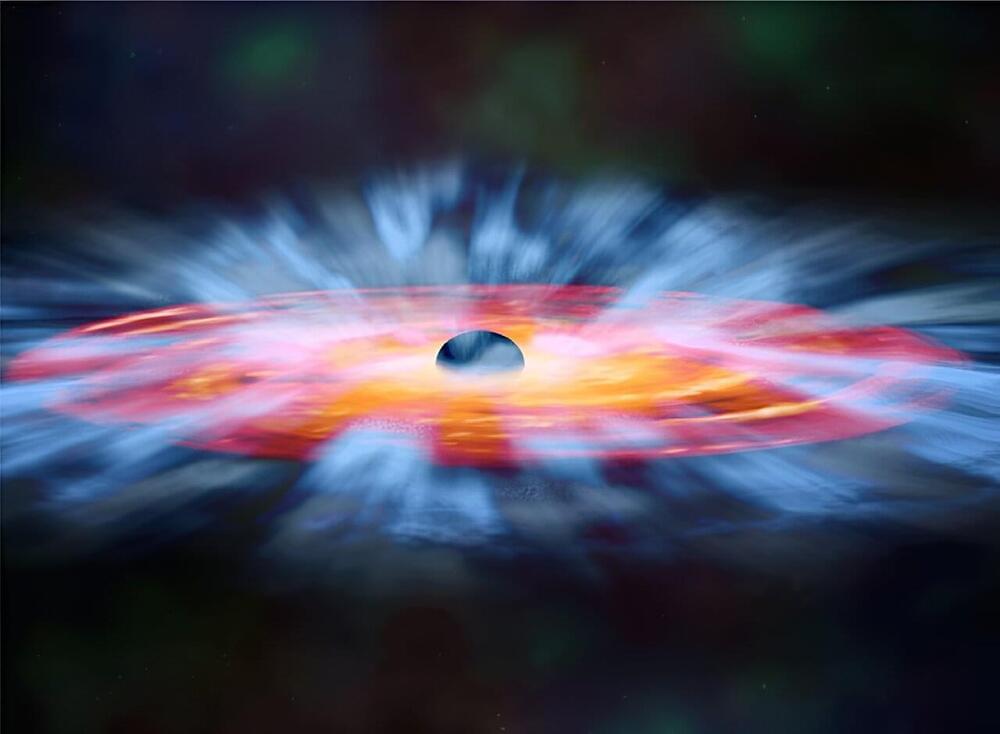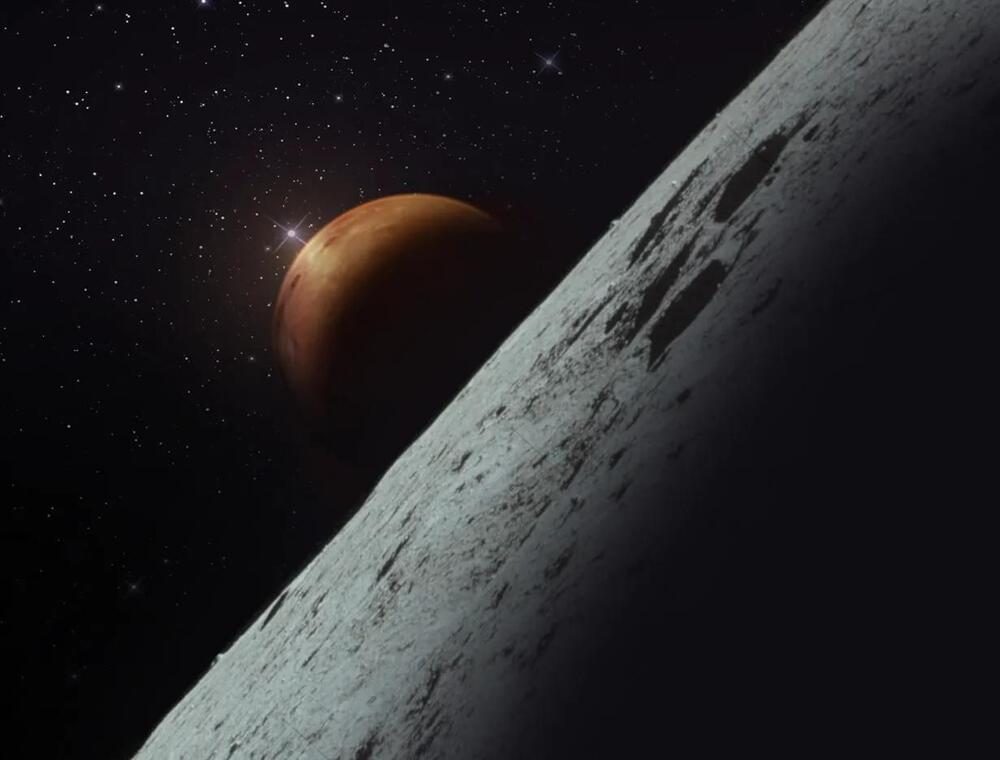
How can long-term space flight influence astronaut health, and specifically their organs? This is what a recent study published in Nature Communications hopes to address as a large team of international researchers conducted the most comprehensive study regarding astronaut kidney health and how it’s affected from both microgravity and galactic cosmic radiation (GCR) during long-term space missions. This study holds the potential to help astronauts, space agencies, medical professionals, and the public better understand the health risks associated with sending humans to other worlds, specifically to Mars.
“We know what has happened to astronauts on the relatively short space missions conducted so far, in terms of an increase in health issues such as kidney stones,” said Dr. Keith Siew, who is a Research Fellow in the Department of Renal Medicine at the University of College London (UCL) and lead author of the study. “What we don’t know is why these issues occur, nor what is going to happen to astronauts on longer flights such as the proposed mission to Mars.”
Aside from the 24 Apollo astronauts who traveled to the Moon, with 12 of them walking on the surface, nearly all human space travel has been limited to low-Earth orbit (LEO), totaling almost 700 people having traveled to space. During this time, they are protected by the Earth’s magnetic field, which shields them from harmful solar and cosmic radiation that could cause potentially irreparable harm to their health.
